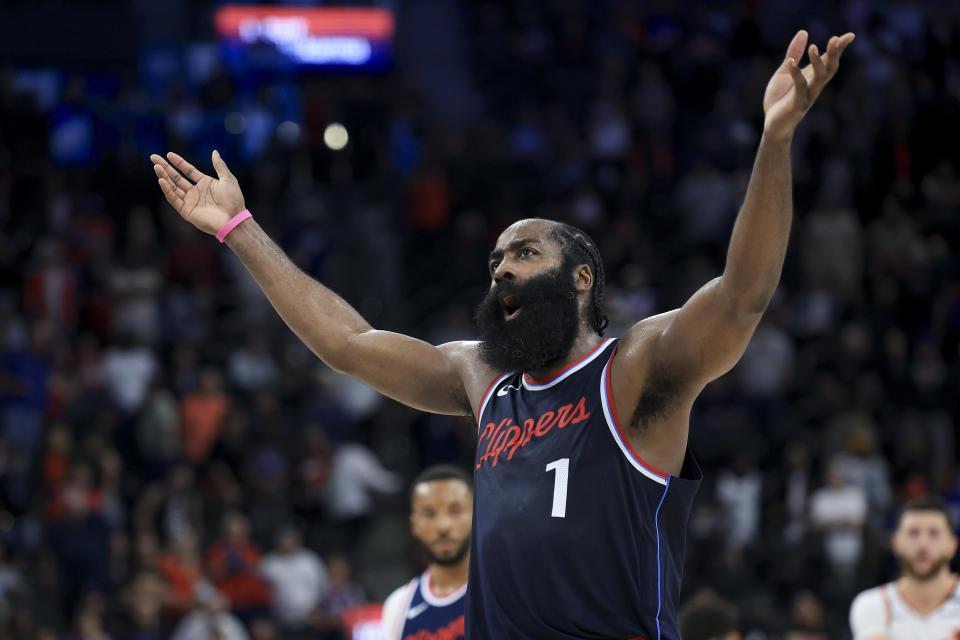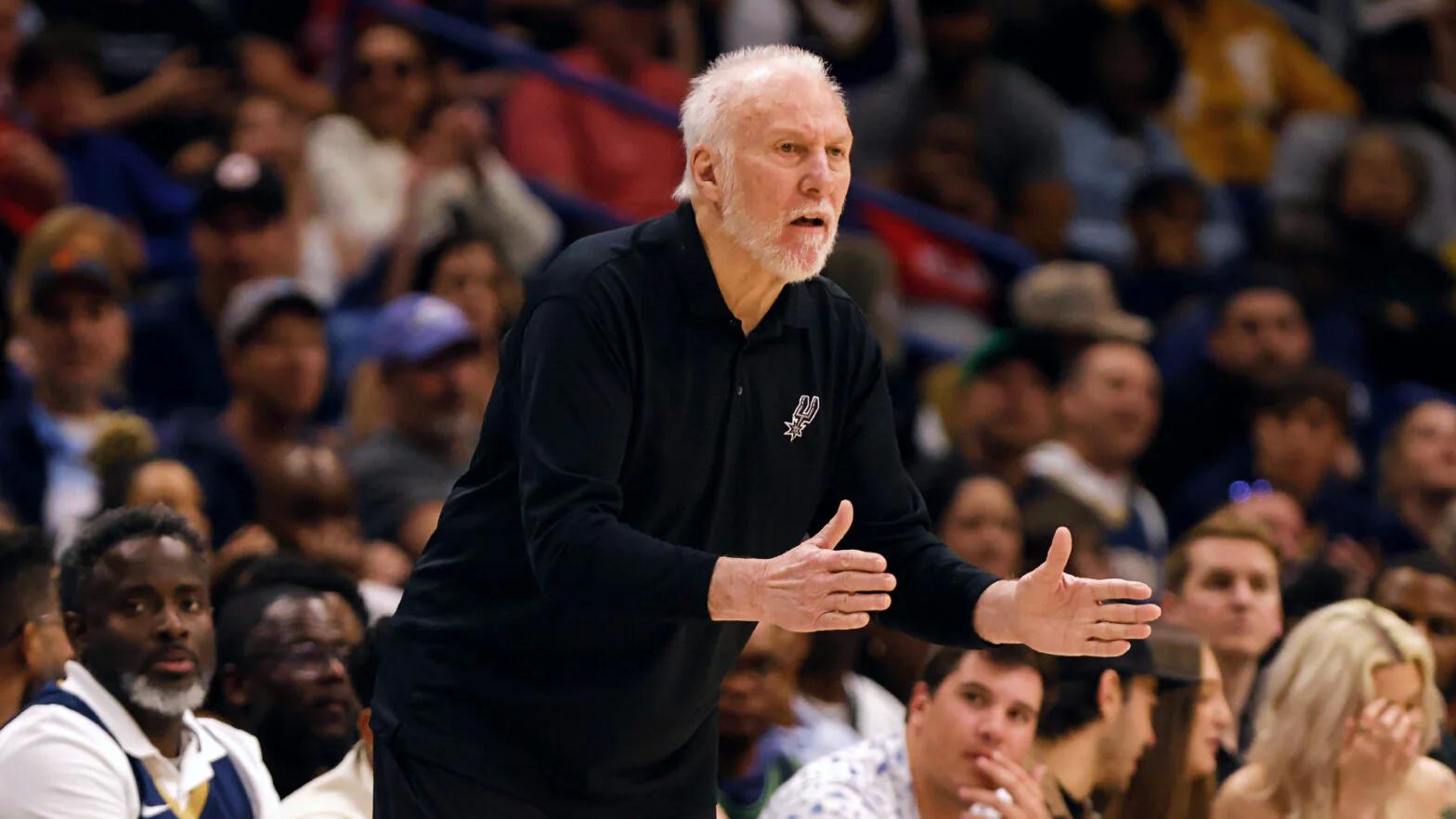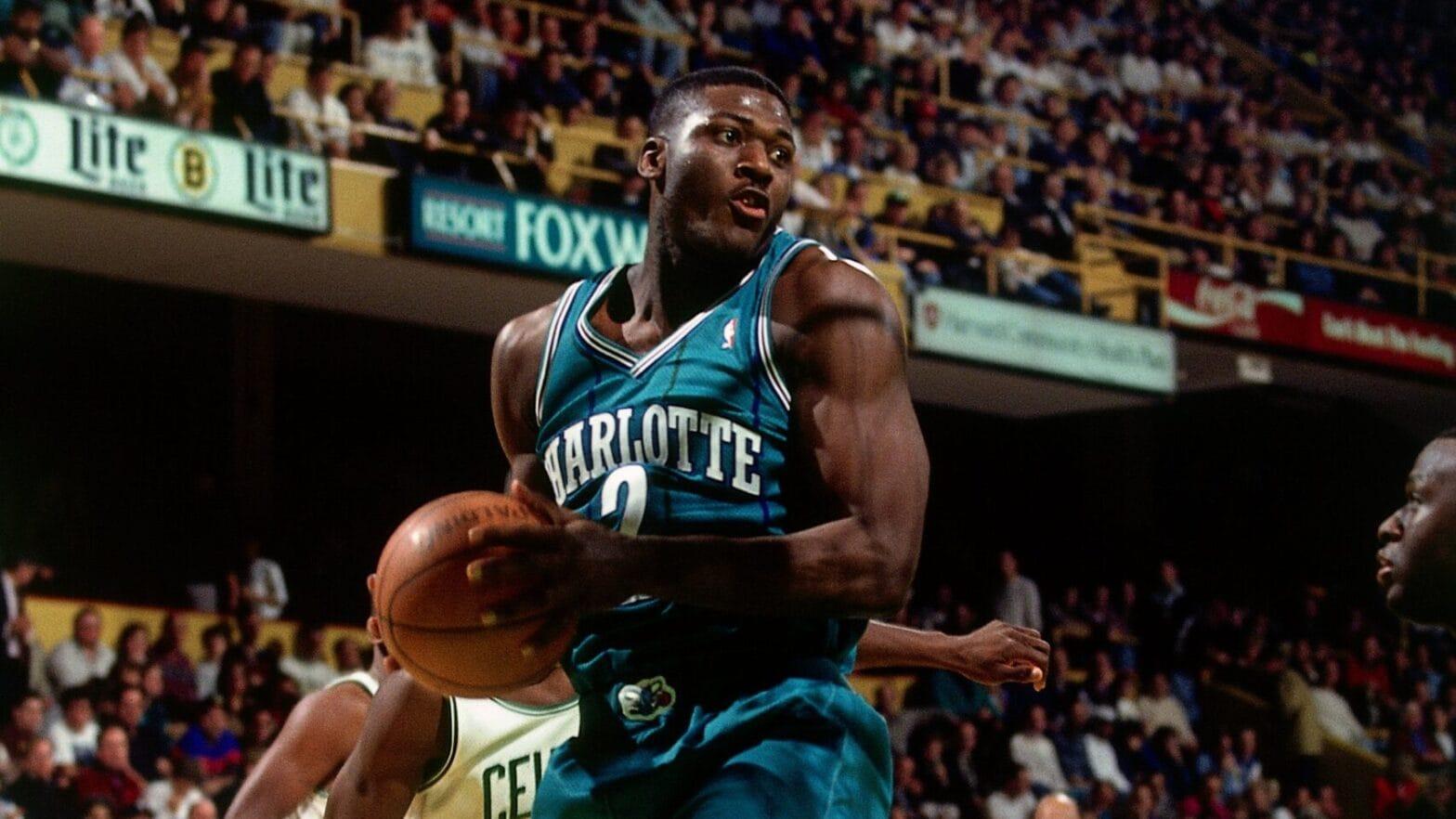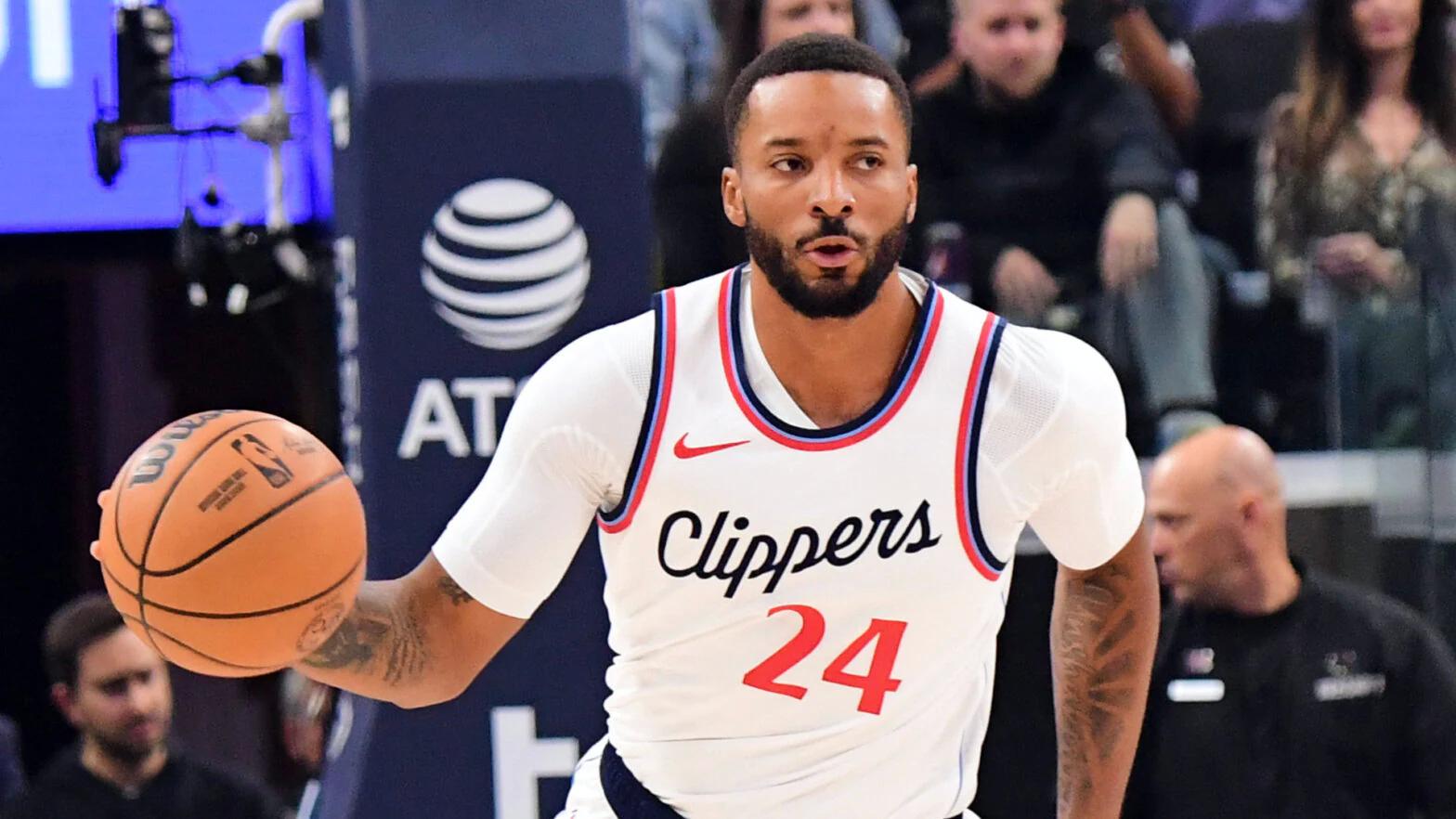Paris Olympics: NBA Jerseys Dominating the Global Stage
LILLE, France — A fan decked out in a vibrant yellow No. 23 Lakers jersey strolled down Rue du Molinet, taking in the sights of the bustling street in the heart of Lille. His gaze flitted over the colorful candy shops and aromatic kebab joints until it landed on his target. With a grin, he pointed toward a fellow fan sitting outside a fast-food stir-fry restaurant and enthusiastically exclaimed, in a strong accent, "LEBRON JAMES!"
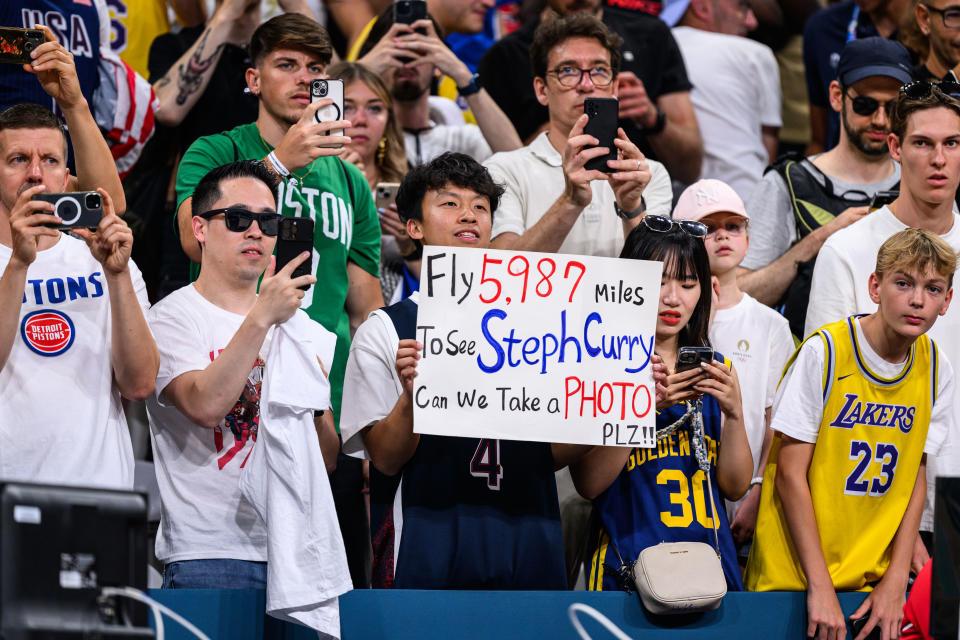
The second fan — wearing his own No. 23 jersey, this one a rich, royal purple — shouted back, in an equally thick but entirely distinct accent, “LEBRON JAMES!” A couple fist pumps, and then they went their separate ways, bonded by a love of the NBA’s all-time scoring champion and GOAT contender.
They were there in Lille to see James and the rest of the U.S. men’s basketball team play Serbia, and they were two of hundreds — maybe thousands — of international NBA fans sporting the jerseys of their favorite players.
For American fans raised on the NBA, seeing the spectrum of jerseys at an international NBA game is like a parade of Remember Some Guys. You might see a Vince Carter ‘90s-era Raptors jersey (the one with the dribbling dinosaur), or a Tracy McGrady Orlando Magic one, or a Dominique Wilkins ‘80s-era Hawks jersey, or the full rainbow of Shaq’s teams.
Outside of James, Steph Curry is the most popular jersey, with fans in Lille sporting every variant of the City Edition jerseys in addition to the standard Golden State home and away models. As you’d expect for the Olympics, there’s a cornucopia of Team USA jerseys; it’s just a question of whether you want to rep JORDAN, or BIRD, or BRYANT or IVERSON in the red, white & blue.
Like their American counterparts, international NBA fans are knowledgeable, up to date on all the gossip, behind-the-scenes drama and prevailing narratives that often overshadow the actual games. The fans in Lille gave Kevin Durant the appropriate welcome for his first game action since the playoffs, and ripped Joel Embiid, who decided to play for the United States rather than France.
This is, in every possible way, the culmination of the NBA’s decades-long effort to make its game a truly international one. From the Avengers-caliber 1992 Dream Team to the constant goodwill tours to the current crop of international stars (Nikola Jokić, Embiid, Luka Doncic, Victor Wembanyama) to the sheer ineffable coolness that transcends borders, the NBA appeals to overseas fans, and the numbers show it.
More than 75 percent of the league’s social media followers are from outside the United States, and the NBA is already scheduling big stars in afternoon weekend games to take advantage of those international viewing windows. The proof is literally in the streets.
The players are noticing, too. “I looked around, I see so many different NBA jerseys in the stands,” Durant said in Pierre-Mauroy Stadium after Sunday's win over Serbia. “I just love when we’re getting people from all over the world, different walks of life, together like this.”
One final thought: The NBA’s overseas jersey domination is impressive, but it’s not yet complete. Right now, the fandom is earnest and unironic. How will we know that the NBA has won? When international fans start sporting stars on their most obscure teams — Patrick Ewing on the Sonics, Hakeem Olajuwon on the Raptors, Rasheed Wallace on the Hawks — then the NBA will be an unstoppable global force. The final stage of fandom is the deep-cut in-joke, and international fans are well on their way to getting in on it.
RELATED STORIES
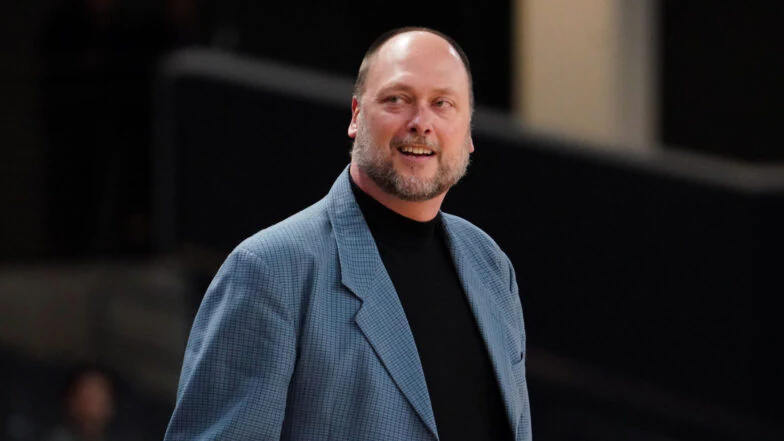





LATEST NEWS

